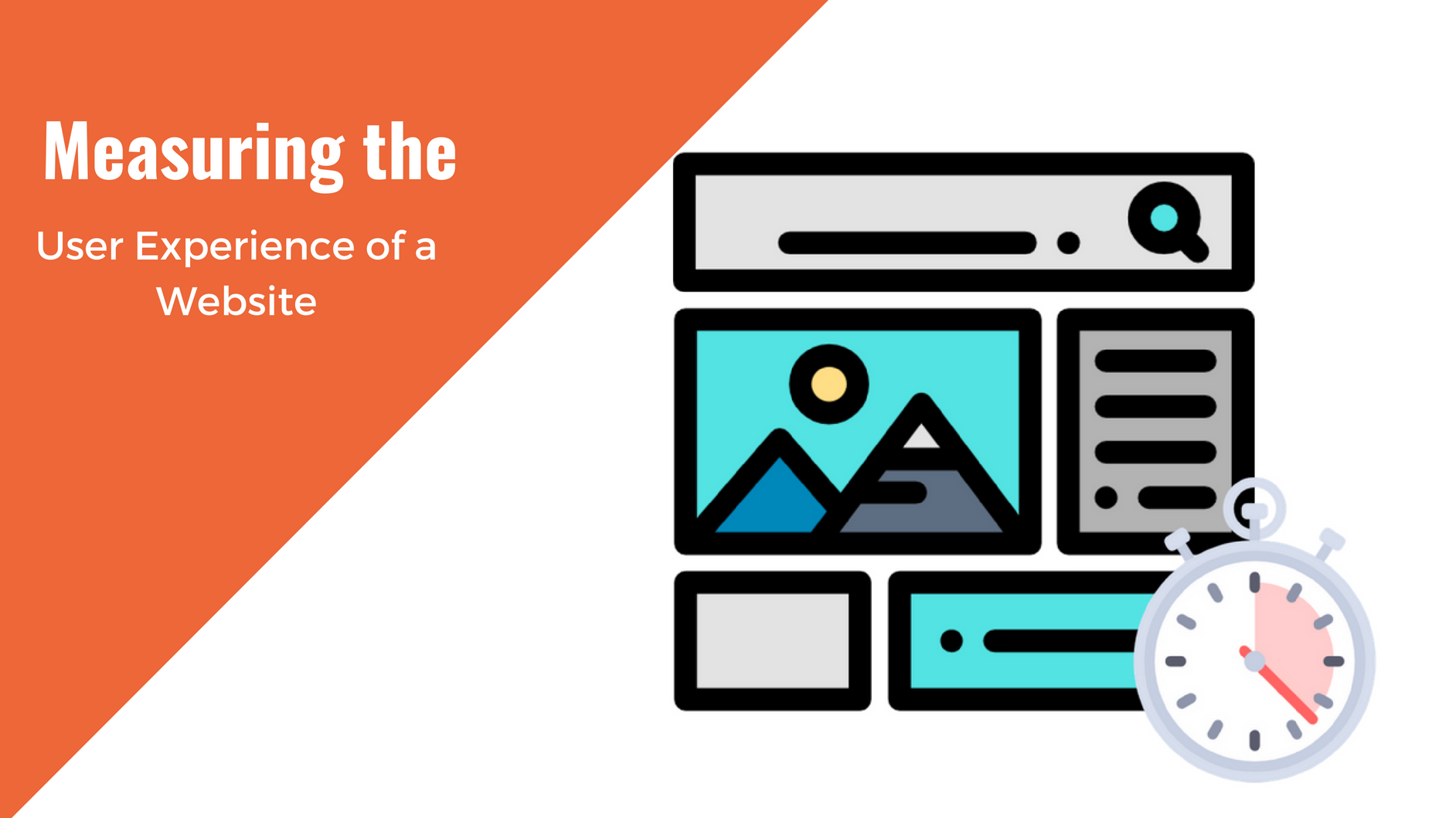Websites have an important role. No matter their mission, nonprofits seek to make the world better. They may help vulnerable individuals, improve the environment, carry out educational projects or provide other benefits. Your website brings your nonprofit’s mission to the public’s attention. Making sure that your site is available to every visitor is of paramount responsibility for your organization.
1 in 5 Americans have a disability. It would be ironic if those who care about others fail to make their site accessible to everyone.
Having a website that meets 508 compliance can improve your SEO in 3 easy ways.
![]()
1. Get and Maintain a Good Name
Good publicity is vitally important to nonprofits. Negative reviews spread like wildfire. If those with disabilities find your site fails to meet their needs their negative impression gets passed around. This can undermine successes achieved through SEO improvements in other areas.
There is even the possibility that a visitor will take legal action. The United Nations Convention on the Rights of Persons with Disabilities requires organizations to provide “accessible information and communication technology.” Legislation in the USA & UK sets out accessibility requirements for businesses and organizations. It only takes one offended person to launch a case and cause a great deal of damage.
2. Maximize your reach
According to a 2014 study 72% of all gifts received in the US came from individuals. It’s clear. The support you receive corresponds to the number who know about your organization.
If your website does not meet the needs of everyone you are turning away potential supporters. The more hits on your website and the more links made to it from other sites the better the search results ratings.
Although by definition nonprofits are not revenue-focused they still need to fundraise. Businesses have discovered how web accessibility measures increase their profits. In a comparable way it helps nonprofits in their fundraising activities.
3. Captions still matter
Did you know that Google’s search engine cannot access that vivid description of your campaign in the video? Yet, if you provide a text version of the video commentary and picture captions, this information is searchable. Instant help to raise your site ratings.
Your website should have clear organization of web content under headings and subheadings. Plain English writing also enhances accessibility. Together they all help the website achieve a higher search results position.
Organizations have everything to gain from making their websites 508 compliant.
Small changes can have a huge impact. Your organization can increase visitor numbers and positive feedback improve search ratings. The choice of appropriate font and letter size, provision of text and audio support, and other recommended accessibility measures make a real difference to the experiences.

Could you be leaving donation money on the table? You’ll never know until you put resources into ensuring your website is accessible.
You May Also Like

Having a website is an absolute necessity for any business. Gone are the days when you could simply update your website once and forget about it for months on end. In today’s ever-changing digital landscape it is important to constantly track and measure how well your website performs, as well…
read more >
Thomas Bertram (T. Bert) Lance famously said, "If it ain't broke, don't fix it." Unfortunately, T. Bert Lance couldn’t foresee the future. He didn’t know that over 94% of Americans would be on the internet by 2024. If your website doesn't receive periodic updates or isn't accessible, users can become…
read more >
